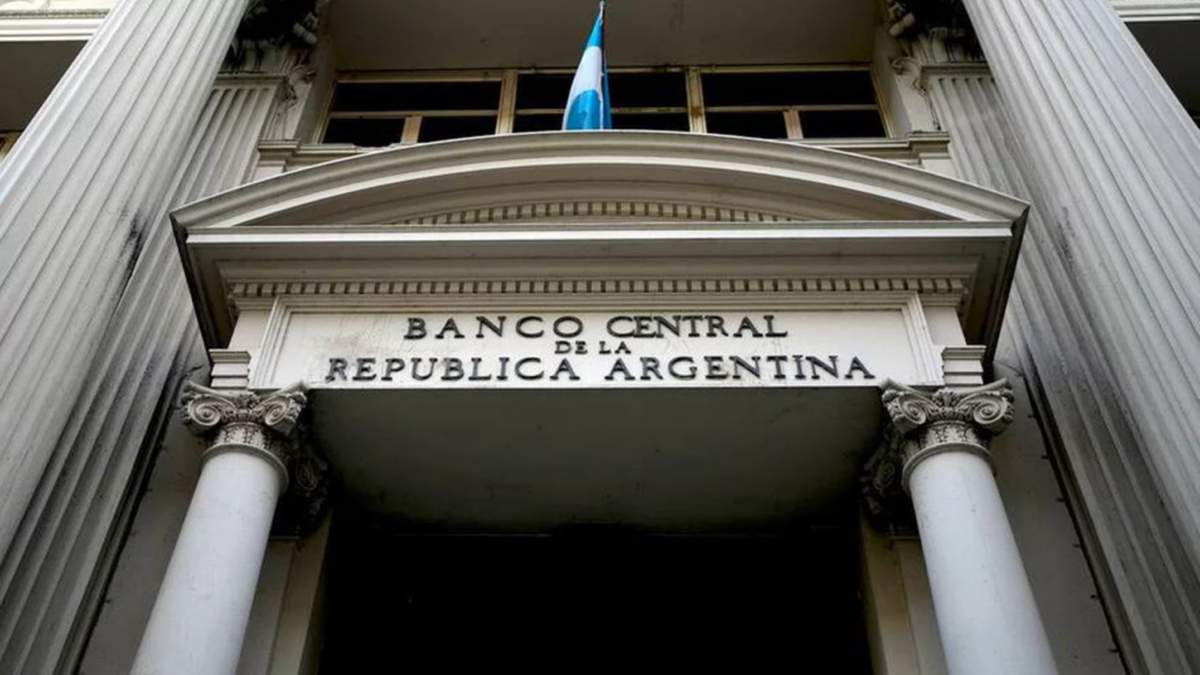Photo: (Volker Weihbold)
“After two difficult years for tourism, overnight stays in Austrian hotels, guesthouses and holiday apartments in 2022 were only 10.3 percent or 15.8 million overnight stays below the record level of the pre-crisis year 2019,” said Statistics Austria boss Tobias Thomas on Friday.
With almost 137 million overnight stays, 2022 made it into the top five of the years with the highest number of overnight stays, according to Thomas – “and that, although there were still corona-related travel restrictions in the first quarter of 2022, guests from countries further away stayed away and city tourism only slowly recovering.”
Plus 70 percent for overnight stays
Compared to the previous year, overnight stays increased by 57.4 million (+72.2 percent) in 2022, which is due to growth in both domestic (+31.4 percent to 38.89 million) and foreign guest overnight stays (+96.3 percent). to 98.05 million). The number of arrivals (39.80 million) also increased significantly in 2022 compared to the previous year, namely by 79.8 percent.
With 53.43 million overnight stays, two thirds (21.34 million) more overnight stays were registered by guests from Germany than in 2021. The second most important foreign market of origin, the Netherlands, closed the year 2022 with 9.99 million overnight stays (+130.4 percent). Together with the guests from Austria, tourists from Germany and the Netherlands make up around three quarters of all overnight stays, but they were still slightly below the level of 2019.
Russian guests stayed away
The number of overnight stays in the Asian countries of origin (e.g. China, Japan and Arabic countries in Asia) was still well below the level before Corona; in 2022 only a quarter of the overnight stays in 2019 were registered here. Guests from America also stayed around 25 percent less often than in 2019 in Austria. Due to the Ukraine war, the drop in overnight stays by Russian guests was 87.9 percent; in 2019, 1.2 million overnight stays were attributable to guests from Russia.
In the first third of the current 2022/23 winter season, the number of overnight stays was 15.69 million, 67.6 percent more than in the period from November to December 2021. Overnight stays by foreign guests increased by 72.3 percent to a total of 11, 27 million, overnight stays by domestic guests rose to 4.41 million (+56.7 percent).
Bookings “extremely increased”
In December 2022, 10.80 million overnight stays were registered, an increase of 77.3 percent compared to December of the previous year. Overnight stays by domestic guests (+74.1 percent to 2.37 million) and foreign guests (+78.2 percent to 8.44 million) increased significantly. Arrivals rose 131.1 percent to 3.38 million.
Tourism State Secretary Susanne Kraus-Winkler (ÖVP) was very optimistic for the summer season at the presentation of the “Plan T – Action Plan 2023-2024” for tourism, where the booking intensity had “increased extremely” in the past two weeks. Regarding the higher prices in tourism, she said that the topic was becoming “more and more sensitive” and that the industry had to be careful that this did not have a negative impact.
What to do about the labor shortage?
Kraus-Winkler stated that the selection process would continue with a hearing and that the successor to managing director Lisa Weddig would be announced at the end of February or beginning of March. It is important to her that the decision is made “detached from politics”.
On the subject of labor shortages, Kraus-Winkler explained that she was in “intensive exchange” with Integration Minister Susanne Raab (ÖVP). One of the questions is how to deal with a possible loss of basic services when accepting a job. A further increase in the seasonal quotas for third countries outside the EU is “not foreseeable” after three increases this year, she told journalists on Friday.
WKÖ division chairman Robert Seeber emphasized today: “A key issue is the tourism job market and the appreciative response to the changed needs and attitudes of employees.”
Overfunded tourism companies?
Kraus-Winkler does not see any over-funding of tourism companies, nor does he see any additional need for checks on the companies, COFAG is currently examining the extent to which subsidies and guarantees have been obtained unjustly. The aim was to stabilize the companies during the corona crisis, and that had been achieved. Regarding the often criticized low payment in tourism, the state secretary said that the collective agreements are the responsibility of the social partners.
The services union vida reminded today that it is the workers who have made the greatest contribution to the tourism boom. “It is unacceptable that on the one hand the great economic developments are celebrated, but the employers then tell the employees that companies cannot afford higher incomes,” criticized Berend Tusch, head of vida’s department.
Criticism from the FPÖ
FPÖ tourism spokesman Gerald Hauser emphasized: “Just talking up everything in the tourism sector will not bring us back the missing specialists in tourism. The Secretary of State for Tourism is only interested in the interests of large companies – she forgets about private landlords and small companies, says Hauser.
On Monday of this week, the Oesterreichische Nationalbank (OeNB) reported that the state corona aid not only supported companies, but also helped them to obtain significant financial cushions. During the pandemic, company assets grew by 4.4 percent, more than in the year before Corona. Bank balances and cash reserves even increased by 17.5 percent.
Overfunding of companies through corona aid has already been criticized from several sides, among other things, the Court of Auditors spoke of a “considerable potential for overfunding” in its report on the Covid-19 Federal Financing Agency (COFAG). In total, state corona aid of 47 billion euros has been distributed in Austria since the beginning of the pandemic.
Source: Nachrichten




